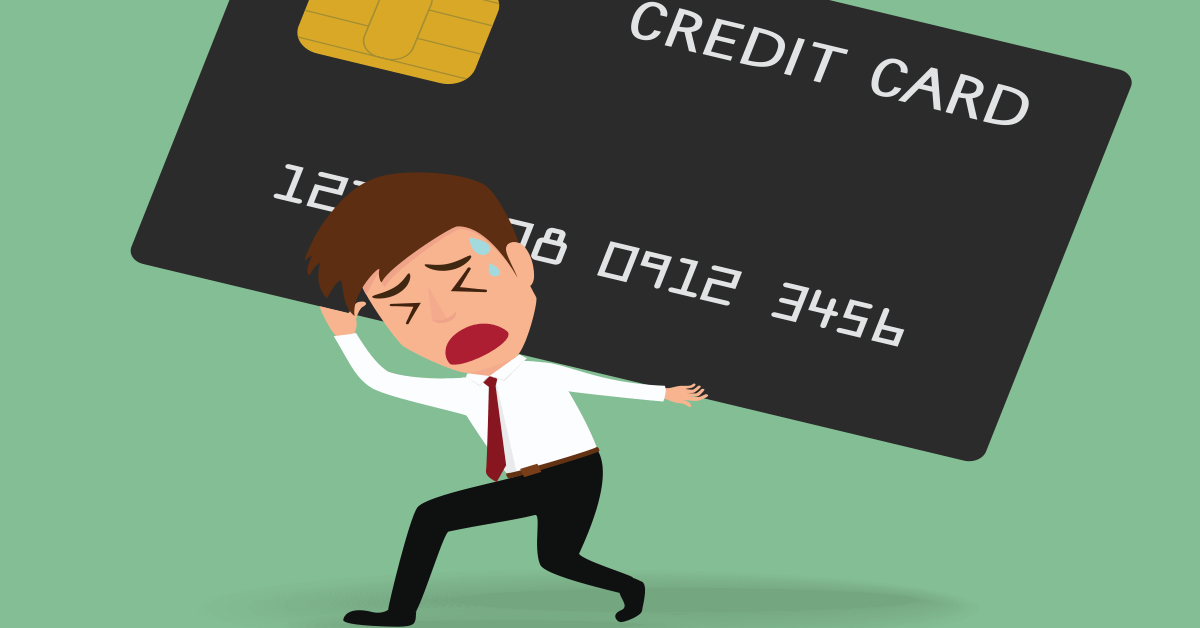 From debtcafe.ca – Debt and spending are topics commonly encountered in our daily lives. Learning to control debt and manage spending wisely is essential for achieving financial stability and independence. This blog posting will explore ten key strategies and practical tips for Canadians to become more financially responsible.
From debtcafe.ca – Debt and spending are topics commonly encountered in our daily lives. Learning to control debt and manage spending wisely is essential for achieving financial stability and independence. This blog posting will explore ten key strategies and practical tips for Canadians to become more financially responsible.
Set financial goals:
Begin by setting specific financial goals. Determine what you want to achieve in terms of savings, expenditure limits, and debt reduction. By having clear objectives, you can create a roadmap to guide your spending habits.
Track your income and expenses:
Start by recording your income from part-time jobs or allowances. Keep track of your monthly expenses, including essentials like food, transport, and school supplies. By analyzing your spending patterns, you can identify areas where you can cut back.
Create a budget:
Use the data collected from tracking your income and expenses to create a budget. Allocate funds for each expense category to ensure you don’t overspend. Remember, a budget is only effective if you follow it consistently.
Minimize unnecessary expenses:
Identify and reduce unnecessary expenses that can hinder your financial well-being. For example, avoid impulse purchases, opt for cheaper alternatives, and limit eating out. Small changes can have a significant impact on your overall spending.
Prioritize saving:
Develop the habit of saving money regularly. Set aside a portion of your income for emergencies and future goals, such as college tuition or travel. Consider opening a savings account to earn interest on your savings and encourage long-term financial planning.
Understand the risks of debt:
Debt can be a burden and restrict your financial freedom. Avoid accumulating unnecessary debt, such as credit card debt, as it often comes with high-interest rates. Before taking on any debt, evaluate the risk and ensure it aligns with your financial goals.
Use credit cards wisely:
If you decide to use a credit card, be responsible. Pay off the entire balance each month to avoid interest charges. Additionally, use credit cards for essential purchases and emergencies only. It’s crucial to understand that credit cards are not free money and should not be used recklessly.
Develop financial discipline:
Developing discipline is crucial to control debt and spending. Make a conscious effort to resist impulsive buying, stick to your budget, and choose delayed gratification over immediate satisfaction. Over time, these habits will become second nature, leading to better financial control.
Seek financial knowledge:
Take advantage of financial literacy resources available to you. Read books, take online courses, or attend workshops that teach you about budgeting, investing, and debt management. The more you know about personal finance, the better equipped you will be to make informed financial decisions.
Seek professional advice if needed:
If you find yourself struggling with managing debt or controlling spending, seek professional advice. There are financial counselors or advisors who can provide customized strategies and guidance based on your specific circumstances. Don’t hesitate to reach out for help when needed.
Controlling debt and spending is crucial for achieving financial stability and independence. By setting goals, tracking income and expenses, creating a budget, minimizing unnecessary expenditure, and practicing disciplined financial habits, you’ll be paving the way for a secure financial future. Continually educating yourself about effective personal finance management will ensure that you make informed decisions while seeking professional advice as required. Start your journey towards financial freedom today!


